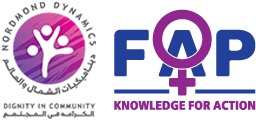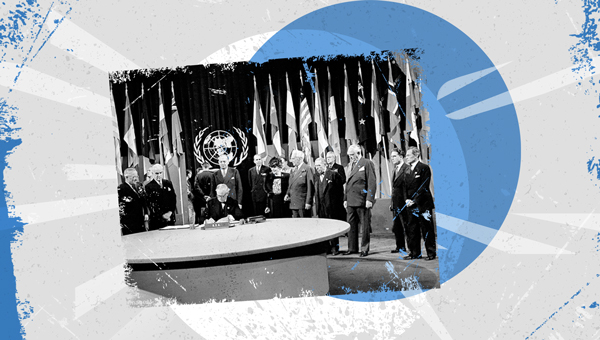
- Ensuring and protecting equal rights for men and women
- Non-discrimination against women and girls
- Promotion of gender equality, balance, and equity.
Commission on the Status of Women (CSW), established in 1946: This is a functional commission of the ECOSOC, dedicated exclusively to the promotion of gender equality and the advancement of women’s rights.
The CSW is meeting each year in March to evaluate and debate progress on achieving gender equality and the empowerment of women.
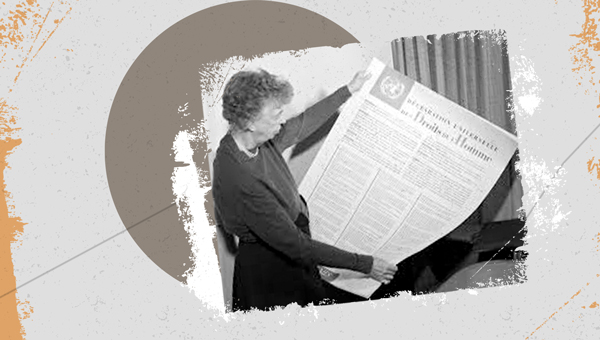
Their mandates are often criticized for not taking women’s and girls’ human rights seriously by excluding certain issues such as those that occur in the private realm:
- Universal Declaration of Human Rights (1948).
- International Covenant on Economic, Social and Cultural Rights (1966).
- International Covenant on Civil and Political Rights (1966)

- Discrimination against women and girls continues to be a persistent problem in much of the world,
- Need to develop goals, effective strategies, and plans of action for the advancement of women and girls,
- Identification of three key objectives: 1. Full gender equality and the elimination of gender discrimination; 2. The integration and full participation of women in development; and 3. An increased contribution by women in the strengthening of world peace.
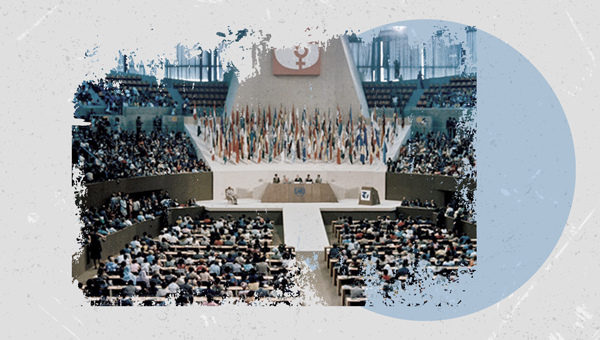
It is the first international human rights instrument to define explicitly all forms of discrimination against women as fundamental human rights violations. The following countries have not ratified CEDAW: the United States, Iran, Somalia, Sudan and two small Pacific island nations, Palau and Tonga.
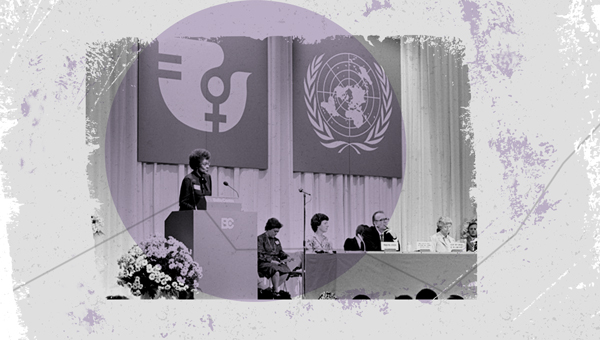
The UN began to frame women’s rights and gender equality as important components of their peace and security work.
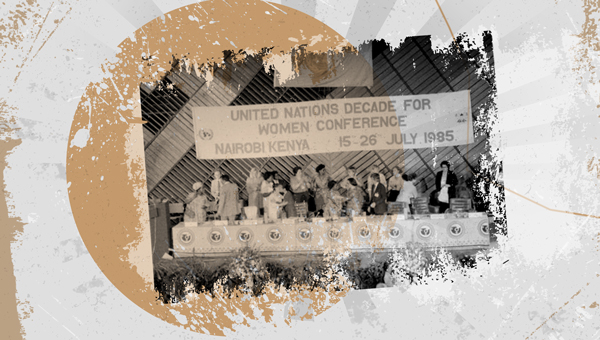
The conference adopted the Nairobi Forward-Looking Strategies for the Advancement of Women, with the goals of equality, development, and peace as a blueprint for action until 2000. This document clearly linked the promotion and maintenance of peace to the eradication of violence against women at all levels of society.
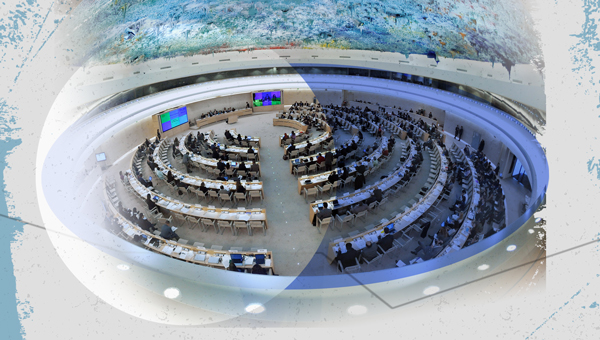
This special rapporteur has a mandate to seek and receive information from state parties, treaty bodies, other special rapporteurs, and civil society and to respond to this information with recommendations to eliminate all forms of violence against women in comprehensive ways.

The Declaration committed governments to implement the strategies agreed to in Nairobi in 1985 before the end of the 20th century and to mobilize resources for the implementation of the Platform for Action. The Beijing Platform for Action identified women and armed conflict as one of 12 critical areas of concern.
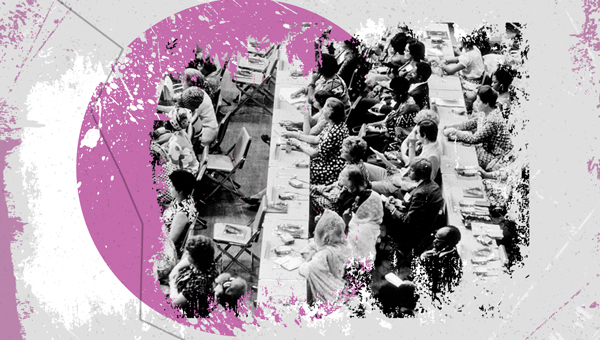
The Commission took up the Women Peace and Security (WPS) theme and discussed the obstacles to implementing this critical area of concern from the Beijing Platform for Action.
The NGO network for WPS began to take shape, and the idea of advocating for a Security Council resolution was first raised. After the Commission on the Status of Women, the NGO Working Group on Women, Peace and Security officially formed and agreed to pursue two recommendations that came from the CSW Women and Armed Conflict Caucus: to encourage women’s participation in peace agreements and to push for the convening of a special session of the Security Council on WPS.

Further enhanced the gender equality regime by putting procedures and mechanisms in place that hold states accountable to the Convention. By ratifying the Optional Protocol, a State recognizes the competence of the Committee on the Elimination of Discrimination against Women – the body that monitors states parties’ compliance with the Convention – to receive and consider complaints from individuals or groups within its jurisdiction.
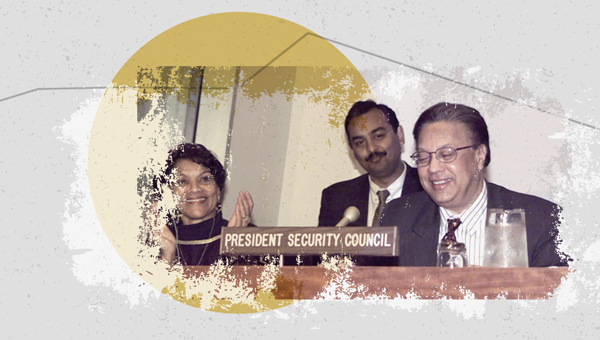
On International Women’s Day 2000, Anwar Chowdhury (Bangladesh), then Security Council President, delivered a critical speech. It was the first time that a President of the Security Council (SC) addressed the International Women’s Day proceedings, Women’s rights and gender equality are part of the security framework, thus issues to be addressed by the SC, no longer just under the jurisdiction of the General Assembly
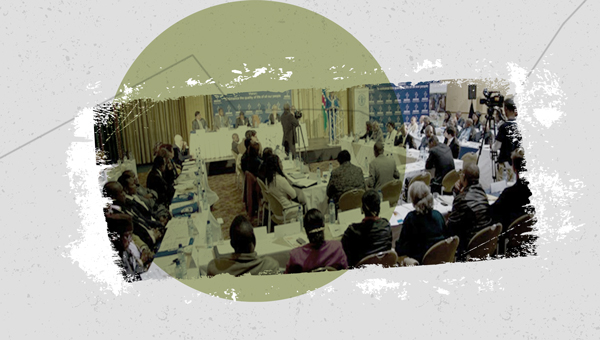
- Windhoek Declaration: “The principles of gender equality must permeate the entire mission [peace operations], at all levels, thus ensuring the participation of women and men as equal partners and beneficiaries in all aspects of the peace process (…)”
- Namibia Plan of Action: establishes several objectives for gender mainstreaming in UN peace missions, as well as the need for leadership on gender mainstreaming from UN Headquarters.

The resolution 1325 was passed the day after the Arria formula meeting.
It acknowledges that peace cannot be achieved without women’s participation, and that women and girls are more affected by conflicts than men. It includes four pillars: prevention, protection, women’s participation and recovery.

Acknowledges that sexual violence (SV) in conflict is used as a war tactic. Calls for Gender Based Violence (GBV) prevention and response training for military troops, for more women deployed in peace operations and for implementation of ‘zero tolerance’ policies for peacekeeping troops.
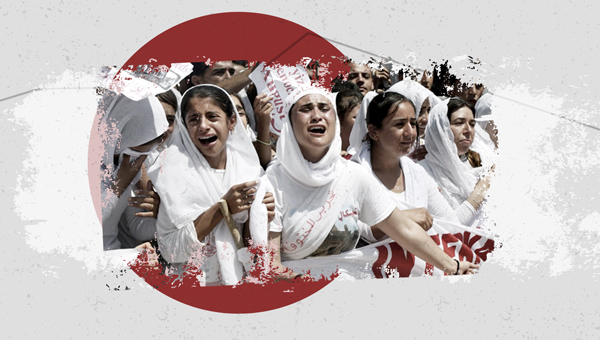
Reinforces the implementation of UNSCR 1820 by calling for more leadership to address sexual violence (SV) in conflict, deployment of militaries and gender experts units in critical conflict zones and improvement of monitoring and reporting on conflict tendencies and SV perpetrators.
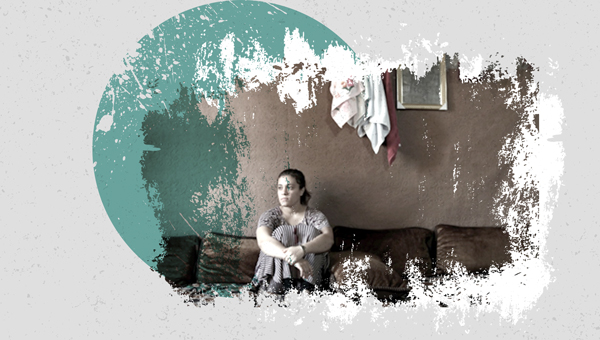
Addresses obstacles to women’s participation in peace processes. Calls for development of global indicators to monitor the implementation of UNSCR 1325 and improvement of international and national responses to women’s specific needs in conflict and post-conflict settings.

Calls for an end to SV in armed conflicts, especially sexual violence (SV) against women and girls. Establish measures aiming at ending impunity for SV perpetrators, through sanctions and reporting measures
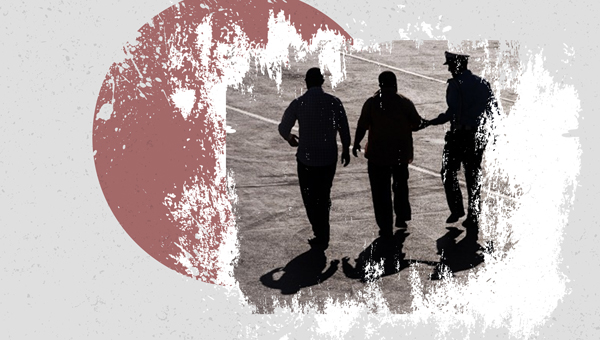
Ensures the centrality of gender equality and women political, social and economic empowerment in efforts to prevent SV in armed conflicts and post-conflict settings.

Establishes strong measures to enable women’s participation in conflict resolution and recovery. Hold the Security Council, the UN, regional organizations and Member States accountable to dismantle barriers, create space and gives seats to women at the negotiation table.
